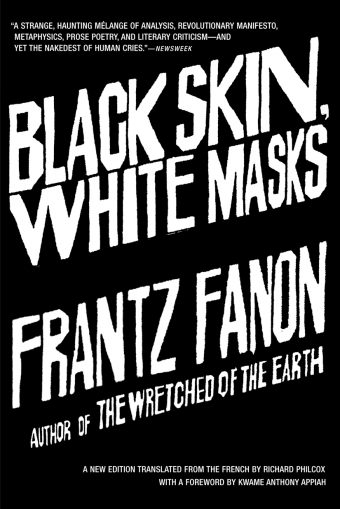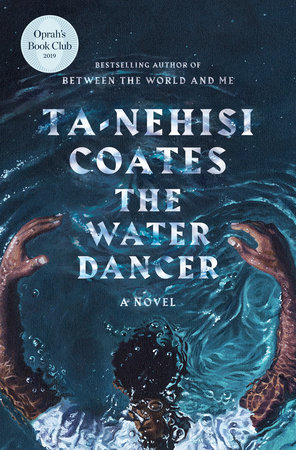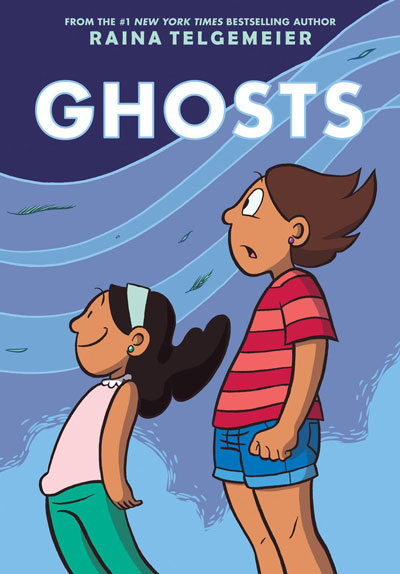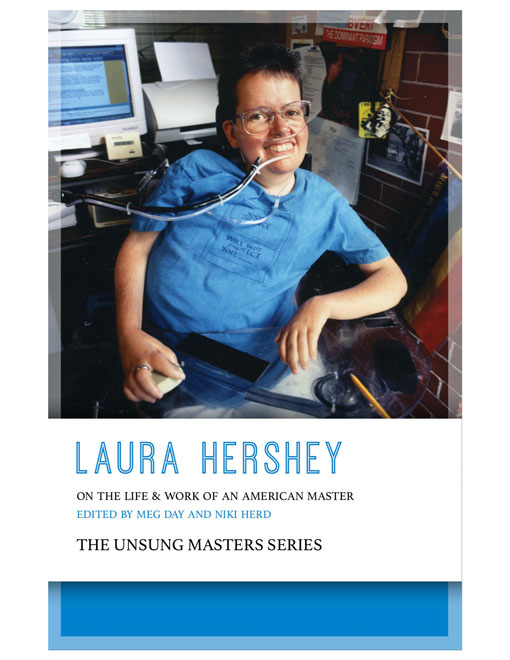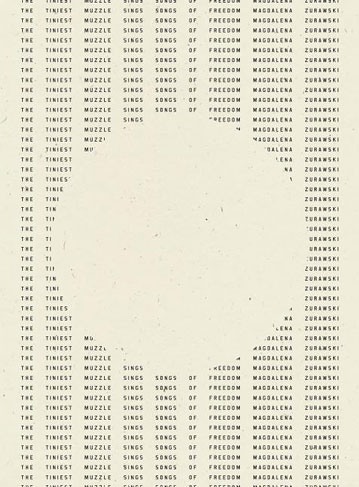BLACK SKIN, WHITE MASKS
BY FRANZ FANON
As a first generation college grad, I did not grow up with copies of classic texts on the coffee table or in the den. As a result, I could name the crew of The Love Boat in high school, but I was not particularly well-read. I came to Black Skin, White Masks as a white woman walking around in the world and as the Human Rights and Equity Chair for our district’s union trying to educate myself. I come from a racist family, and by that I mean (in this case) loving people who benefited from white supremacy without much interrogation, people who held racist ideas but would not consider themselves racist. So naturally, I have work to do. Hence, Fanon.
I was also led to Fanon’s work by Ta-nehisi Coates’ Between The World and Me and after finding out that Coates was greatly influenced by Fanon (the title of his award-winning book is lifted from this particular text). Since I teach, Fanon’s name had surfaced over the years—usually in the context of more choice and autonomy for students and the process of deconstructing power dynamics in classrooms. Early in Black Skin, White Masks, Fanon makes his situation clear: “I came into this world to uncover the meaning of things, my soul desirous to be at the origin of the world, and here I am an object among other objects.” His body, as Coates contends of the black body, was born into a legacy of racism, injustice, and violence.
And yet, ultimately, Fanon’s Marxist position advocates for all people to be free and break loose from bourgeois society, “… a closed society where it’s not good to be alive, where the air is rotten and ideas and people are putrefying.” He desires nothing less than a new beginning, a break from “the density of History.” He asserts that he is his own foundation and calls out: “May man never be instrumentalized. May the subjugation of man by man—that is to say, of me by another—cease.” The poetry in this 1952 volume and its appeal to the poetic as a tool for social transformation affirm and motivate me in my personal, literary, and union work. The Wretched of the Earth is next.
THE WATER DANCER
BY TA-NEHISI COATES
A stranger handed me The Water Dancer at San Francisco’s City Arts and Lectures series where Ta-nehisi Coates was in conversation a few weeks ago. Listening to Coates talk, I loved his frankness and was proud of the SF audience’s questions, smart ones about reparations, racist historical legacies, the moral courage of various figures in the US (or lack thereof… ah hem… Thomas Jefferson…), the ideological reach of fiction vs other genres, etc. Coates made the crowd crack up with a comment on monument removal. He said something like, No, we should leave Mount Rushmore alone. We need the historical record. We need to be reminded that somebody actually thought that was a good idea…
Weeks later, I’m still thinking about Coates’s suggestion that a greater burden is put on writers of color to continually address issues of injustice. This came up because he was asked early on in the talk why he had not mentioned indigenous people in his opening remarks, especially since it was Indigenous Peoples’ Day. Later in the conversation, he said something to the effect of Because it would be inauthentic. I am currently writing about enslavement and experiences related to it. That is what I have researched and spent time on. I do not go to other people’s readings and ask them why they are not writing about me. I go to find out about them, about what they are thinking and researching…
At some point, Coates said that he writes what he’d like to read. I want to see what that looks like for him in fiction. I’m 30 pages in.
GHOSTS
BY RAINA TELGEMEIER
This book was also handed to me by someone I had never met before. Huck is the 7th-grade son of an old friend of mine, and we recently had a chance to hang out briefly. I asked him which books he was reading, and he pulled this graphic novel off the shelf and said, “Ghosts is such a great book!” Next thing I knew, the book was traveling north with me. This kid-friendly novel is about friendship, siblings, cystic fibrosis, transformations, loss, and well… ghosts. For my part, I appreciated Ghosts because at 52, I have lost my parents and many incredible friends, and the novel reminded me to party with them now and again.
After reading Ghosts, I couldn’t help thinking of my twin sister’s idea. Danna Lomax is a Teaching Tolerance award-winning educator who was inspired by another TT Teacher, Mayra Almaraz. Almaraz made the point that people in the US are all too quick to co-opt the culture of people of color but are reluctant to embrace the people themselves. My sister is writing a poem enumerating the ways some people can’t get enough of Latinx culture—Day of the Dead celebrations, fiestas with piñatas, Latinx music, Mexican food, speaking Spanish—but would be quick to put children in cages, deny Dreamers, and build a wall.
LAURA HERSHEY: ON THE LIFE AND WORK OF AN AMERICAN MASTER
EDITED BY MEG DAY AND NIKI HERD
This book will change you. From The Unsung Masters Series, it’s one of the most compelling books I have read in awhile. And it accomplishes so much: it champions a woman activist, teaches readers about their own assumptions and misconceptions, challenges people’s perspectives on language and ableism, and shares vulnerable personal histories and wisdom. Meg Day and Niki Herd do an amazing job of contextualizing Hershey’s work and highlighting what they learned in the process.
Hershey, a poet and activist who was queer and disabled, worked
… to increase the visibility of Deaf and disabled LGBTQ folks; to protect Deaf and disabled women from becoming domestic violence statistics; to eliminate work disincentives from social security; to increase independent living; to promote Medicaid home and community-based services; and to protect the rights of home care workers and assistive attendants. She was critical in the direct-action movements that led to accessible public transportation, interpreters and attendants in mainstream public schools, and the signing of the Americans with Disabilities act.
I can only imagine how many people’s lives Hershey affected and changed for the better. And somehow, I had never heard of her. Erasure.
For her life-long activism, she received the President’s Award for Outstanding Service to America in 1998 from Bill Clinton. She was fierce in her direct action and her political work. And she wrote. Two of my favorite pieces in the volume are a poem called “Labors of Love” and a prose piece entitled “Remember” which ends with these lines:
. . . Remember you’re an evolutionary winner. Through millennia of tectonic uproar, you rose from dust deposited in primordial stew, survived ice and industrial ages, and arrived here right along with the rest of them, maybe not as erect but every bit as sapient. Your legs hang, immobile and swollen. Remember the danger of blood clots; remember to get a massage. The window seat passenger has legs exactly like a deer’s, long thin and muscled, and hooved in heels. When she climbs over yours, it’s a moment of choreographed beauty.
Hershey’s work is fearless, vulnerable, and wise. Check out this book and experience her genius.
THE TINIEST MUZZLE SINGS SONGS OF FREEDOM
BY MAGDALENA ZURAWSKI
Everyone just wants to feel free. In The Tiniest Muzzle Sings Songs of Freedom, an artist struggles to live as herself in a world that exacts production and means business, and Zurawski is doing what’s possible to stay grounded in the stuff of life that matters.
Zurawski’s world of poetry, politics, comrades, canines, nature, and fear smolders with familiarity. And it’s funny:
. . . What does
it matter if I grind
my teeth for the old ladies of
Puerto Rico? Or take a knee
in the front yard every time I hear
the national anthem
in my head? The neighbor just thinks
I’m weeding and waves.
from “For The Republic”
Every struggle in these poems, no matter the scale, feels as absurd, tender, and heroic as any moment of any day—like in these lines from “Dark William”:
But there is a Brooklyn Bridge, a ginger ale,
and a check in the mail: you’re breathing dark William.
Just fly open over the world, fear-bound by nothing.
Reading Zurawski, I feel like I don’t have to prove my dignity to the world—just go live it, even if it grinds its teeth in its sleep.
